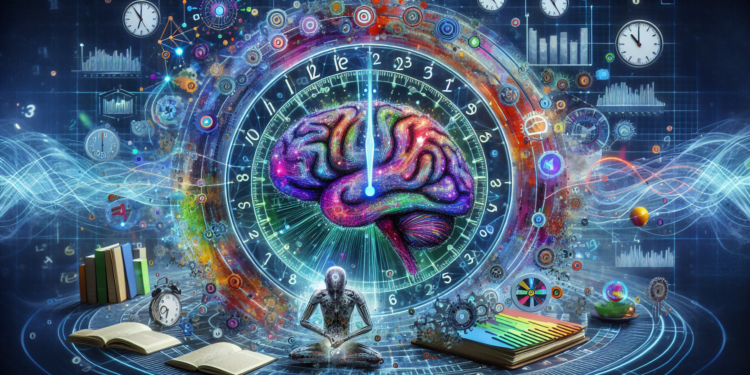When addressing the analysis of temporal data in the context of artificial intelligence (AI), a wide spectrum of techniques and applications emerges, marking the cutting edge of progress in the field. Temporal data, inherently linked to the dimension of time, poses unique analytical challenges that conventional machine learning tools cannot efficiently tackle without specific adaptations.
Theoretical Foundations of Temporal Analysis in AI
The analysis of temporal data is based on the prediction and categorization of sequences according to past and present behavior, extrapolating knowledge to infer future trends. Models such as recurrent neural networks (RNNs) and their variants, such as Long Short-Term Memory (LSTM) and Gated Recurrent Units (GRU), have proven to be cornerstones in the handling of sequential data due to their capability to retain information from previous states.
Advances in Neural Networks and Temporal Algorithms
More recently, the Transformer architecture has emerged, which through attention mechanisms, significantly improves parallel processing and the ability to model long-term dependencies in data. The Transformer, originally devised for natural language processing (NLP) tasks, has been adapted for temporal sequences, as in the case of the Time Series Transformer, expanding its application domain.
Current research is exploring how graph-based architectures, like Graph Neural Networks (GNNs), can capture complex relationships in unconventional structured temporal data, an area that until now has presented considerable challenges.
Emerging Applications in Key Sectors
In the financial sector, the analysis of time series translates into the prediction of asset prices using models that incorporate volatility and macroeconomic factors. A pertinent case study is the implementation of Quantum Neural Networks (QNNs) for portfolio optimization, where the superposition and entanglement of qubits offer a novel paradigm for the probabilistic analysis of risks and returns.
The field of healthcare has seen revolutionary applications in patient monitoring and predictive diagnostics. AI models that analyze electrocardiograms or sleep patterns leverage convolutional neural networks (CNNs) in conjunction with LSTM to detect anomalies with unprecedented precision.
Comparison with Previous Work
The transformation of non-stationary data into viable inputs for predictive models has notably evolved. Older methods, such as Principal Component Analysis (PCA) for dimensionality reduction and ARIMA modeling for time series, although useful, fade in comparison to the robustness and adaptability of current algorithms that effectively manage heteroscedasticity and nonlinearities.
Future Directions and Potential Innovations
The amalgamation of AI capabilities with temporal analysis heralds a future where hybrid models, augmented intelligence, and multi-layer reinforcement learning can perform prediction and optimization tasks in real time with ground-breaking energy and computational efficiency. The promise of quantum AI in temporal data analysis boasts the potential to decode immensely complex patterns on minimal temporal scales.
Real-Case Studies
One of the most significant cases is the implementation of AI for predicting urban traffic flow on a macroscopic level. Here, the combination of LSTM and CNN, called ConvLSTM, has enabled the integration of spatial and temporal information to create models with superior predictive capabilities, enabling a more dynamic and efficient traffic management.
Conclusion
The analysis of temporal data is a subdomain of AI that will continue to challenge the limits of technical knowledge and applied innovation. Keeping a critical eye on the constant evolution of algorithms and techniques, as well as their implementation in real-world cases, will be essential for the development of this exciting field of study and its countless applications that will transform all aspects of daily life and industrial operations.






















